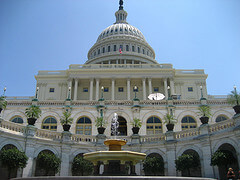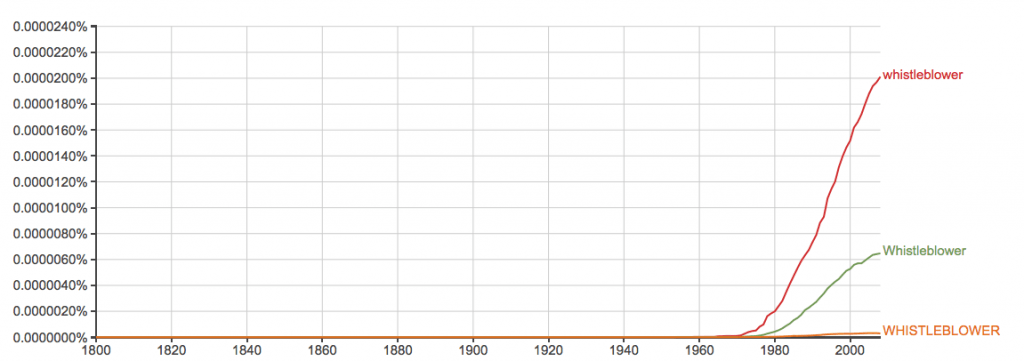The National Safety Council seeks to help save lives and prevent injuries at work, at home, and on the road. Each June, the National Safety Council recognizes National Safety Month. This year, the non-profit organization has coordinated a campaign for the month of June centered around the question, “What do you live for?” Take a few moments to reflect and answer the question for yourself.

Image via nsc.org
What is it that keeps you going? Is it your family? A career? A hobby? Now, think about daily interactions with potential risk factors that could cause injury. These risk factors may come into place at home, in the workplace, in your vehicle, or in your community. There are often simple steps that can be taken to address risk factors and prevent injuries at home, in the workplace, and on the roads.
Let’s say that you chose your family to answer the question of what you live for. If you are the parent of a teenager or even a preteen, this is the perfect time to begin conversations about the risks involved with driving. The National Safety Council gathers research and data regarding risk factors and what causes accidental injury and death while behind the wheel. According to their data, “Half of all teens will be involved in a car crash before graduating from high school. Many of these crashes will be simple fender-benders, but too many others will claim precious young lives. Parental involvement can significantly reduce teens’ crash risk.”

Checklist via nsc.org
Simply knowing the facts, taking proactive steps toward accident prevention, and having open conversations with young drivers can help reduce and prevent injuries and deaths. In an effort to help guide conversations with your young driver, take a look at the transportation checklist provided by the National Safety Council.
At Brownstein & Nguyen, we want to help you and your loved ones be safe and avoid injuries. However, should you or a loved one become injured in metro Atlanta, Georgia or elsewhere, we are here to help.



 Requirements of an H1B Visa
Requirements of an H1B Visa




